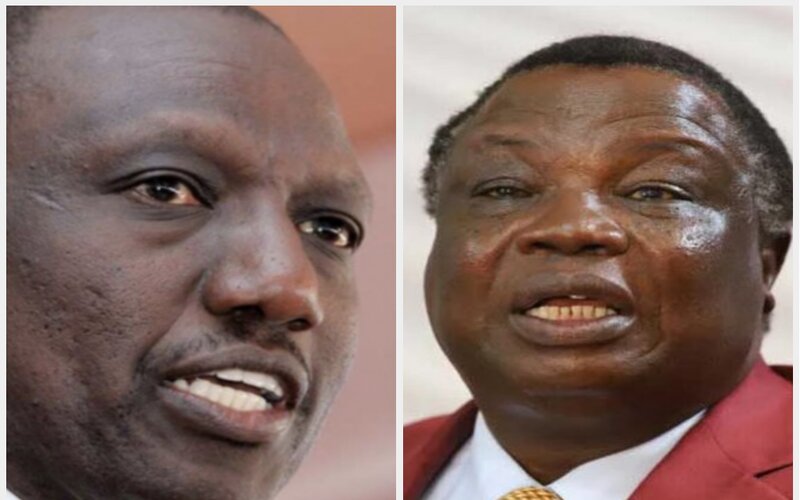×
The Standard e-Paper
Home To Bold Columnists

Deputy President William Ruto (L) hailed the May 13 BBI ruling as a win for democracy. COTU boss Francis Atwoli (R), on the other hand, claims decision was made to punish Pres. Kenyatta. [Standard]
Deputy President William Ruto has now directly reacted to the High Court’s Thursday decision which declared the BBI Constitution amendment process null and void.